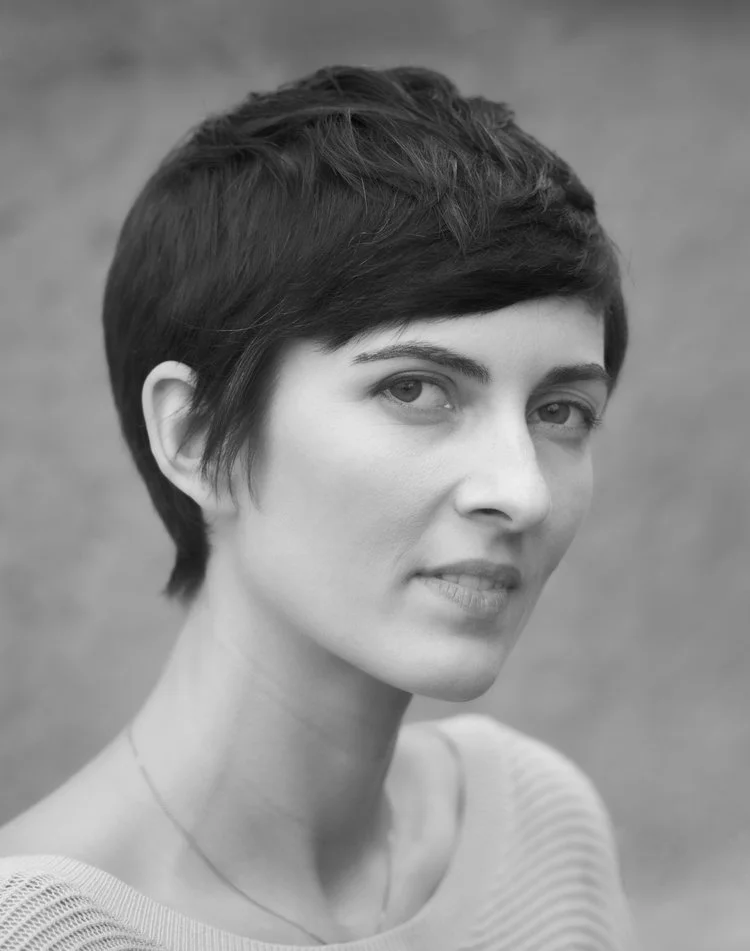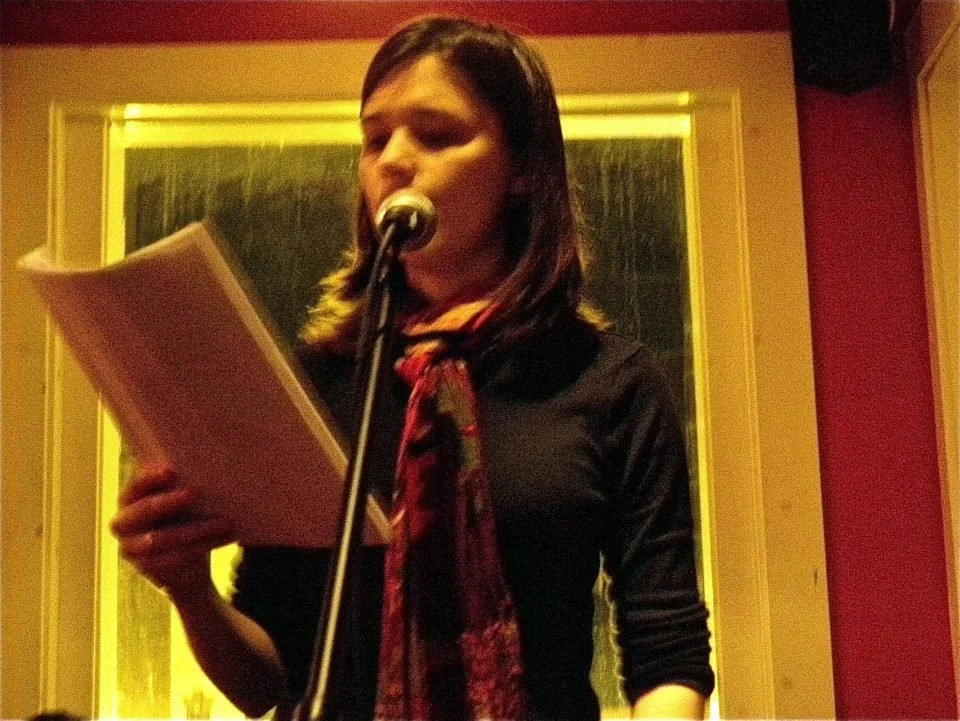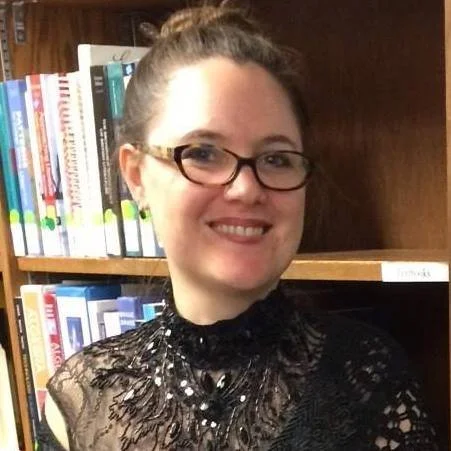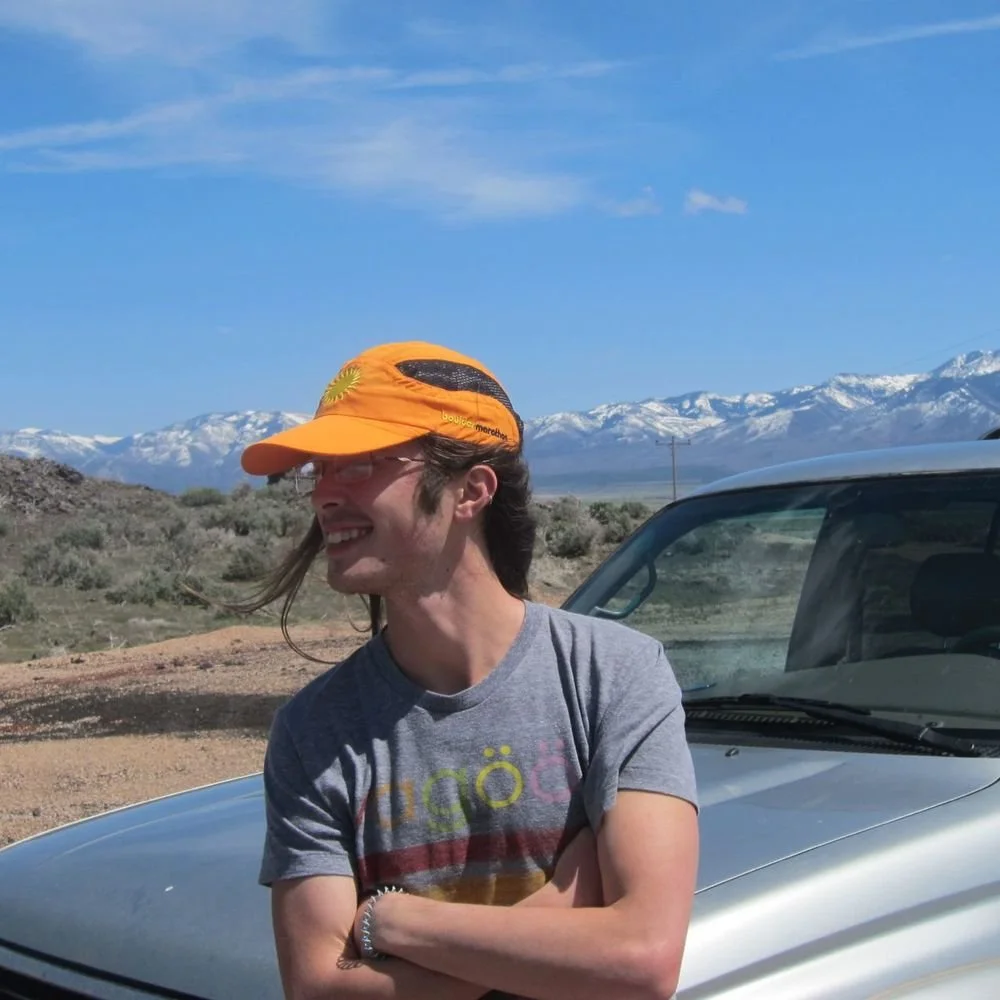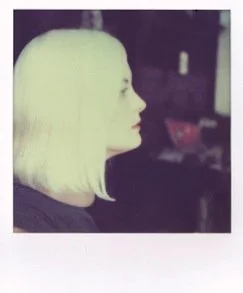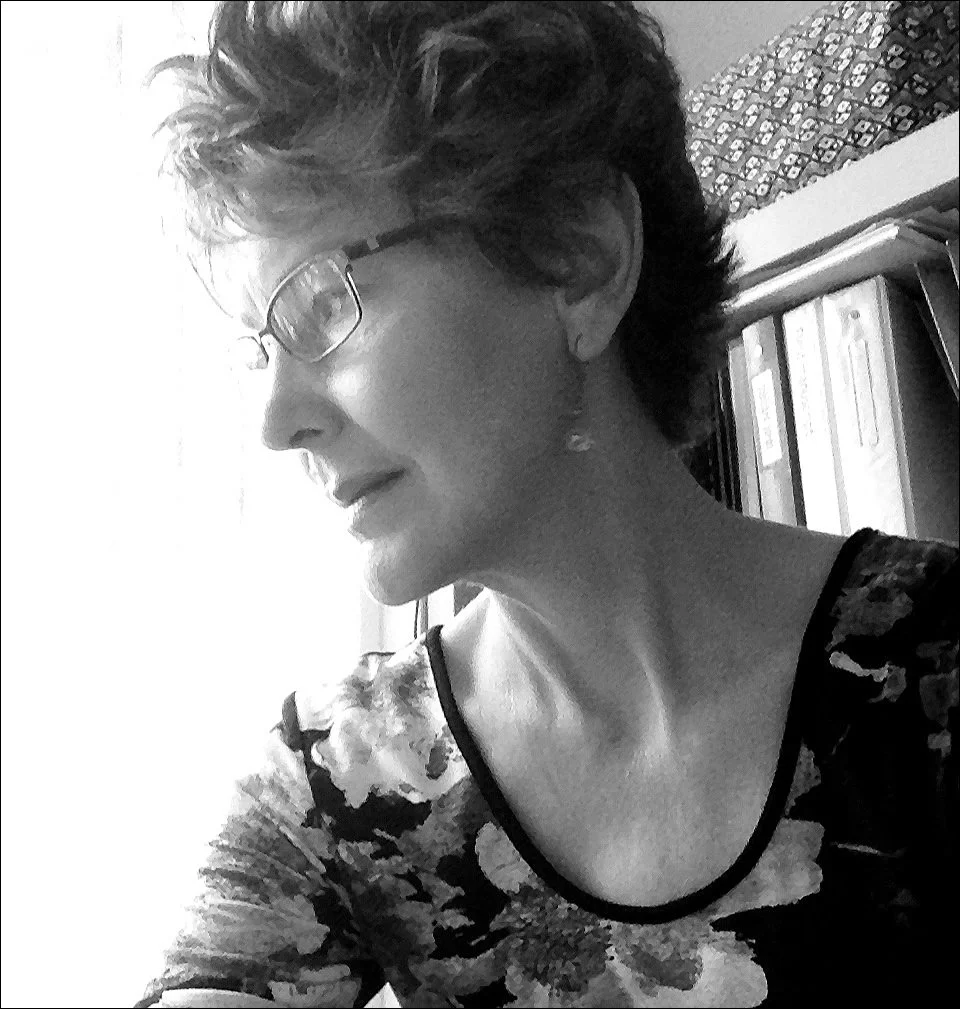“A Man in a Monkey Suit Believes in Himself” has two settings, at least two settings, as many poems do, as stories do, and in fact as people do.
Don’t we?
It’s set in the vastness of space, of course, and it’s set on some monkey bars. But it’s also set in two different parks, two different playgrounds, and in the dreams where the night-grass and the darkened swing-sets in those parks and playgrounds mix and mingle. They swap details like lined-up chromosomes. They fail to tell themselves apart. They insist that all the crushes you’ve ever had in your life are one and the same. (They aren’t?)
I love moving to a new place – how strange everything seems! The air has a different taste and color, the people dress differently, eat particular foods, the roads are wide and flat or narrow and winding. In the first few weeks, before I’ve become accustomed to the atmosphere, it’s like I’ve been dropped into someone else’s story. Paradoxically, this makes living feel more real, a texture that rubs against the senses constantly, saying, “You are in the world.”
I’ve always been fascinated by “What if” questions. In fact, when I was a kid I had a whole book of “What if” questions called If: Questions for the Game of Life, and I loved reading it and quizzing my whole family about things like, “If you had the power to hypnotize anyone for a day, who would you pick and what would you have them do?”
In my writing, I like to ask “what if” questions in love poems of possibility and imagination. My chapbook Alternates, for instance, is set in a series of parallel universes, and my first book, Annotated Glass, builds physical wonderlands out of dreamlike grief.
Read MoreA few years ago, I was in the midst of a very uninspired period, when work and life seemed to be draining all the energy out of my writing. I decided to adopt a writing project with rigorous restraints, and to commit to writing one poem for this project every Sunday. I had already been engaging in a regular exchange of poems with a friend, which was probably the only thing keeping me writing at all at the time. But I knew that I wasn’t producing anything all that interesting, even to myself, and that I wasn’t pushing out into any new areas.
Read MoreFor a recent month I read nothing but small press, experimental poetry, and I nearly fell apart. Not that the poetry wasn’t good, but my mind wanted so badly to translate the abstract and semantically uncertain into forms I could visualize that I found my brain starving for the more transparent narrative of, say, a novel. Of course, that’s the (or a) point of poetry: to redefine language, to blur its boundaries in favor of a more beautiful thing than we might have if we stuck to literal or everyday meanings. But the mind—my mind, at least—can only take so much of this blurring before boundaries begin to seem irrelevant altogether, and I find myself harping inwardly like a grouchy critic: “Word salad!” he declares.
Read MoreSometime I’d like to teach a writing workshop about writing from your curiosities. I did once, sort of. It was a summer theater program for kids in a church rec center in Washington Park on Chicago’s South Side. We had four weeks to devise a performance from scratch. I’d decided I wanted to base it on the students’ questions—what made them curious about their community, Chicago, the world and all the people in it. I covered one wall of our room with butcher paper where they magic markered a running list of questions:
Why is it sometimes fun to be scared?
Why do people act like something is fine when it's not?
What makes a freeze pop red?
Read MoreI’m big on divination, and recently took up tarot again after about fifteen years of frustrated distance. I went to an occult bookstore in North Hollywood called The Green Man, which I figured was a good omen since I was raised on Swamp Thing, who during the Alan Moore run in fact encounters a congress of Green Men, sentient versions of the leafy faces that appear on medieval buildings all over Europe that undoubtedly influenced Tolkien’s ents, as well as the set of miniature Green Man plaques my father purchased on a 2007 family trip to England and hung up at our summer house.
Read MoreSquinting like Star-Eyed Grass
It was a store, I was looking for a gift. Upon picking up the object and asking how it was done, a dismissive shrug. Which lead to an importunate puppy feeling. What’s weird: vulnerable and vulture are probably from the same root, vellere, “to pluck, to tear”. I still wonder how the hummingbird was painted on the inside of the narrow-necked flask. (Reader, I bought it anyway.)
Read More
